Orlando
Opening Night: September 23, 2010
Closing: October 17, 2010
Theater: Classic Stage Comp.
Spanning three centuries, Orlando chronicles the boisterous adventures of a young nobleman in Queen Elizabeth’s court, who awakens in the middle of his life to discover he is now a she, and immortal to boot. What ensues is a journey between the less accepting 18th and 19th centuries, in which Orlando becomes a wife, mother, and finally a witness to the brink of full suffrage for women. From the novel by Virginia Woolf, adapted by Sarah Ruhl.
BUY TICKETSREAD THE REVIEWS:
September 24, 2010
We’ve all had a strange night’s sleep now and then. But it would be hard to top the transformation that overtakes the slumbering title character of Virginia Woolf’s novel “Orlando” after an evening of heady debauchery in 17th-century Constantinople. As admirers of the book will recall, the young English nobleman goes to bed one night a duke and wakes up a duchess.
READ THE REVIEWSeptember 14, 2010
A killer joke (literally). A talking dog. A woman who turned into an almond. Welcome to the magical world of playwright Sarah Ruhl. With the above mentioned elements as staples of Ruhl’s works, it is not surprising that Ruhl adapted Virginia Woolf’s highly influential roman-a-clef which is simply titled, Orlando.
READ THE REVIEWSeptember 24, 2010
A man transforms into a woman and lives for over 400 years in Virginia Woolf’s fanciful novel, Orlando, which was inspired by her great friend and possible lover Vita Sackville-West, who had a habit for cross-dressing and possessed at least as many facets as the character within the book. Sarah Ruhl’s adaptation of Orlando, now getting its New York premiere at Classic Stage Company, is highly faithful to its source material, which proves both a strength and a pitfall.
READ THE REVIEWSeptember 24, 2010
Mirror, mirror on the wall, what’s the most beautiful production currently in town? The season is young, but Sarah Ruhl’s adaptation of Virginia Woolf’s 1928 century spanning pseudo-biographical novel Orlando at Classic Stage certainly deserves top honors in terms of its visual
READ THE REVIEWSeptember 23, 2010
Grown-up women worship Virginia Woolf the way their daughters adore J.K. Rowling. That goes for scribe Sarah Ruhl, helmer Rebecca Taichman and a radiant Francesca Faridany, who have collaborated on a stage version of this curious 1927 novel that any woman (and her daughter) might love. Given that Orlando has a lifespan of 300 years and changes gender during the 18th century, the novel presents huge challenges. But by treating this dream-like piece like … well, a dream, the collaborators capture both the intellectual spirit and the literary brilliance of Woolf’s most imaginative work.
READ THE REVIEW




















